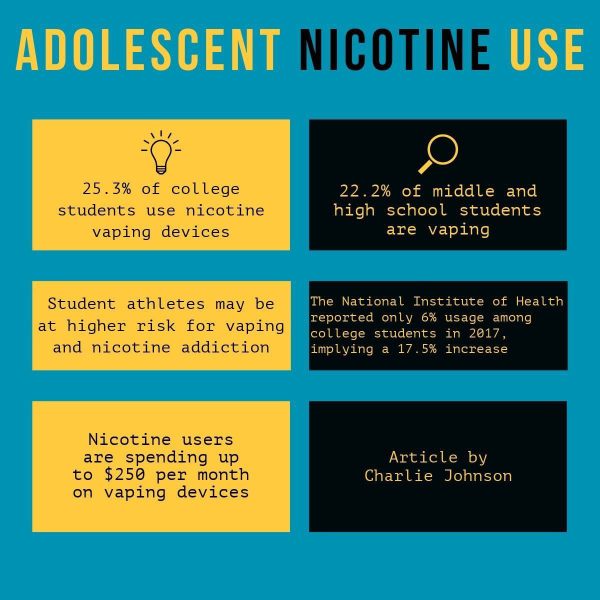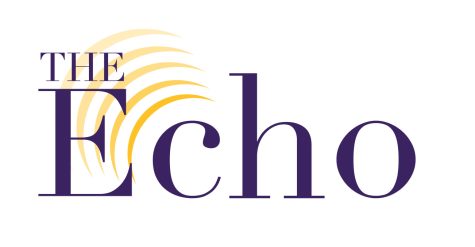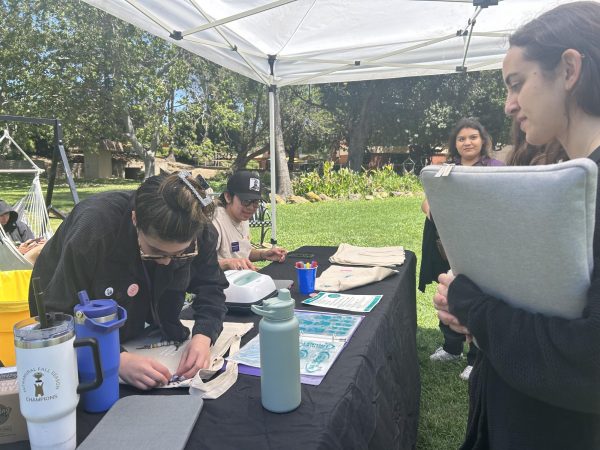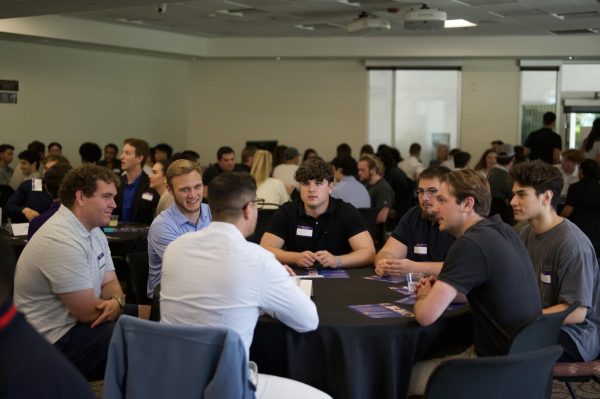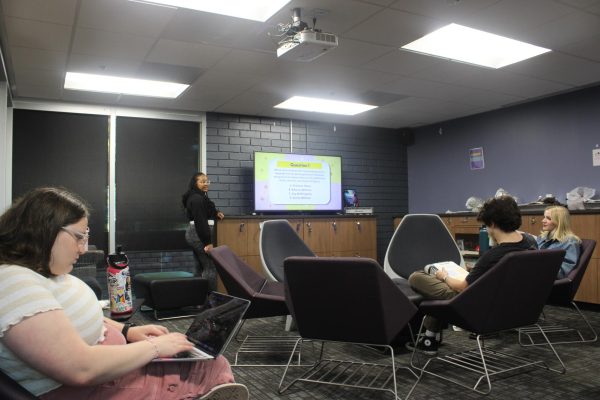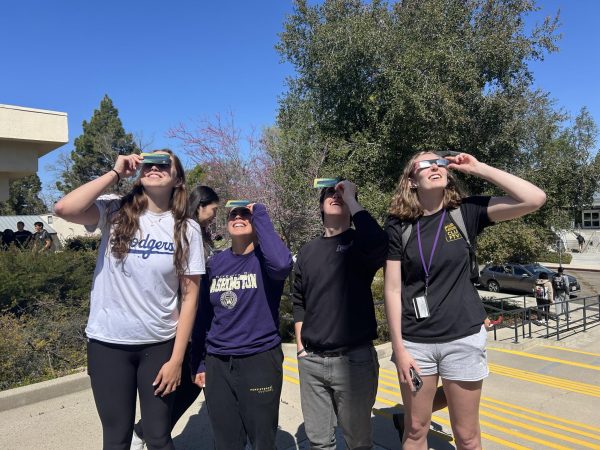Media representation has come a long way, but still has further to go
November 15, 2022
The importance of representation in the media has become more popular and topics including race and ethnicity, gender and sexual orientation are being more widely discussed. California Lutheran University Department Chair and associate professor of film and television John Fitch emphasizes the importance of media reflecting diversity and inclusion of all people.
“As our society is becoming increasingly diverse in a number of different ways we need media to reflect that diversity so that it is providing the service that it needs to provide to its consumers,” Fitch said. “The more acceptance that mass media shows diverse populations, the more accepted those populations are within the general culture.”
Fitch is a fairly new professor at Cal Lutheran, but he has been teaching students about film history and introduction to film for a long time. He said that he covers diversity and representation in films made in the United States from the start of the class.
“I make sure that when I’m teaching a film class, I’m showing as many different film or TV samples as I can. We need to know where we’ve come from and we need to know where we’re going,” Fitch said.
Fitch said that the progress mass media has made regarding the inclusion of all races has allowed for most people to be exposed to minority populations and thus have started to accept them more in real life.
“In the 1970s racially-based television, there were a lot of black faces for the first time on television, it was really controversial for a lot of people but it also broke a lot of barriers that needed to be broken down,” Fitch said.
Fitch said entertainment industries are continually working on having a greater representation on film and television.
“For the sake of our own culture and our own society, I think we need to continue to push for greater representation on film. And this is something that I’ve been really happy to see the movie studios and entertainment companies do all the way down to their internship programs and hiring initiatives where they’re pushing for more diversity in their ranks,” Fitch said.
The poor representation of certain marginalized populations in mass media has a negative effect on how people in these populations are treated in real life, Fitch said. He said the representation of some groups has come far, but there is still a long way to go.
“There’s not enough representation of indigenous people. We’ve come so far in terms of LGBTQ+ folks, women and people of color, but the indigenous population unfortunately as always is the last,” Fitch said. “I do think that representation of Asians in the U.S. media is getting better but I think we have a ways to go there.”
Assistant professor of film and television Mahmoud Salimi said media is a powerful tool that shapes minds.
“The media sets standards for beauty in women’s bodies or how race or sexual orientation is seen through a specific lens. That’s why different races, genders, minorities, marginalized and underrepresented groups must have representations in the media. It gives voice to them and strengthens their sense of identity. It invites individuals to a plural and inclusive society,” Salimi said.
Salimi emphasizes how inclusion has significant relevance in the media.
“Inclusion is a crucial element in today’s media. Representing different races, genders, sexual orientations, and religious beliefs in media that realistically and positively portray them creates a more tolerant and diverse society. It can contribute to a safe and inclusive environment,” Salimi said.
When Salimi teaches his students about representation in the media, he uses pictures, movie clips, newsreels and online articles to educate his classes. Furthermore, he ensures all of his students have a voice and feel included.
“I make sure that marginalized and underrepresented students from minority groups have a voice, share their opinions, and represent themselves and their cultures. I engage them with projects and subject matters that include race, gender, sexual orientation, social issues, etcetera. I educate them on the importance of representation and create a more inclusive learning environment,” Salimi said.
Film and television student and senior Obinna Anyanwu said the way media can improve its representation is by casting actors from diverse and varying groups or backgrounds.
“By choosing relevant actors for corresponding roles rather than having someone act as someone they’re not and by not stereotyping said groups and backgrounds…I think it is important because regardless of how you may look at it, everyone has someone or some people that they look up to or hold highly,” Anyanwu said.
Anyanwu said most times he can relate to someone, it is through a lens of race, ethnicity, gender or interests.
“So one has to wonder that, well, if I’m looking around and if I’m not able to find anyone that I can look up to that I feel I relate to in any way, shape, or form, what effect does that have on me mentally as well as in terms of inspiration and aspirations on a fundamental level,” Anyanwu said.




